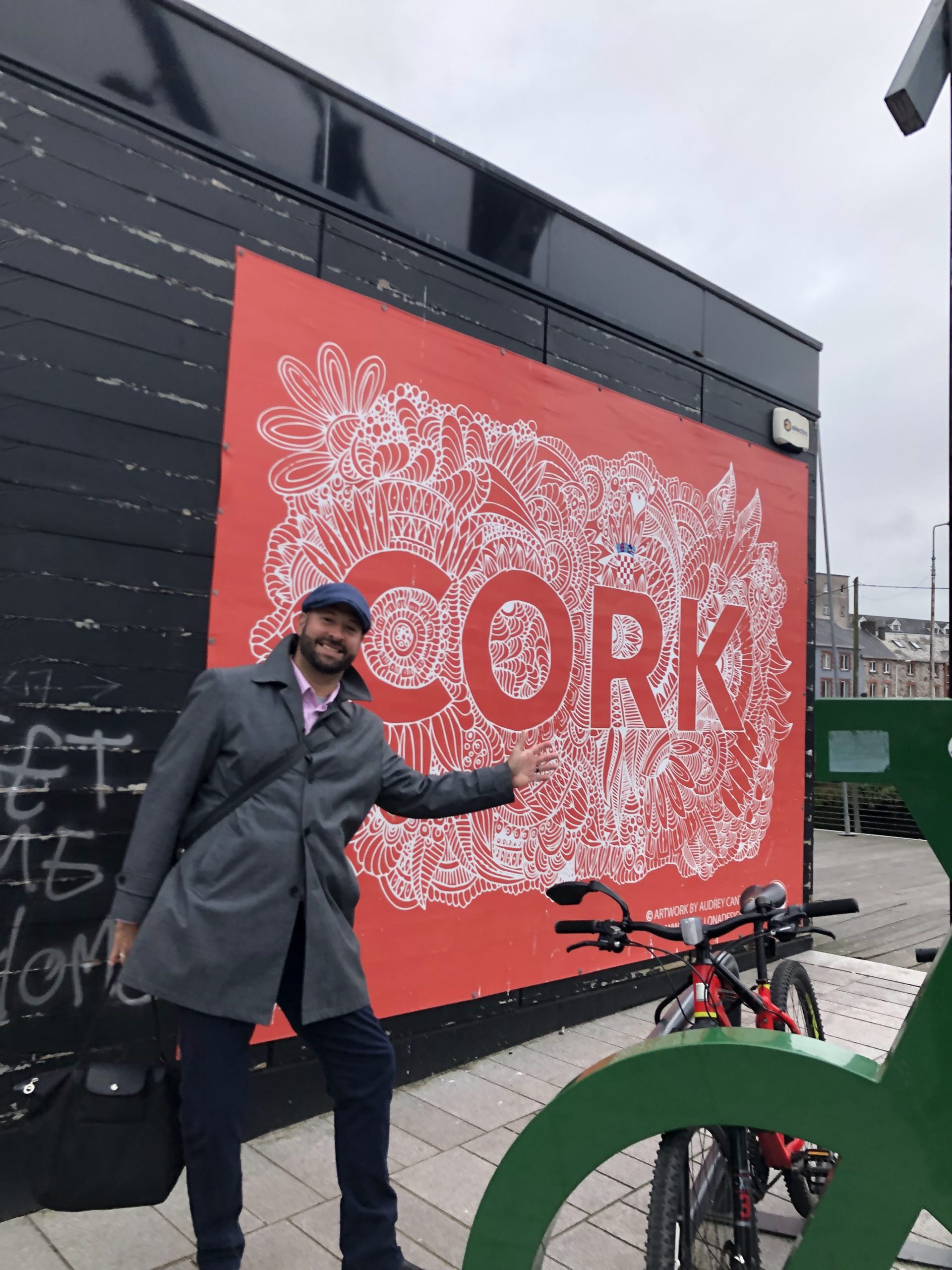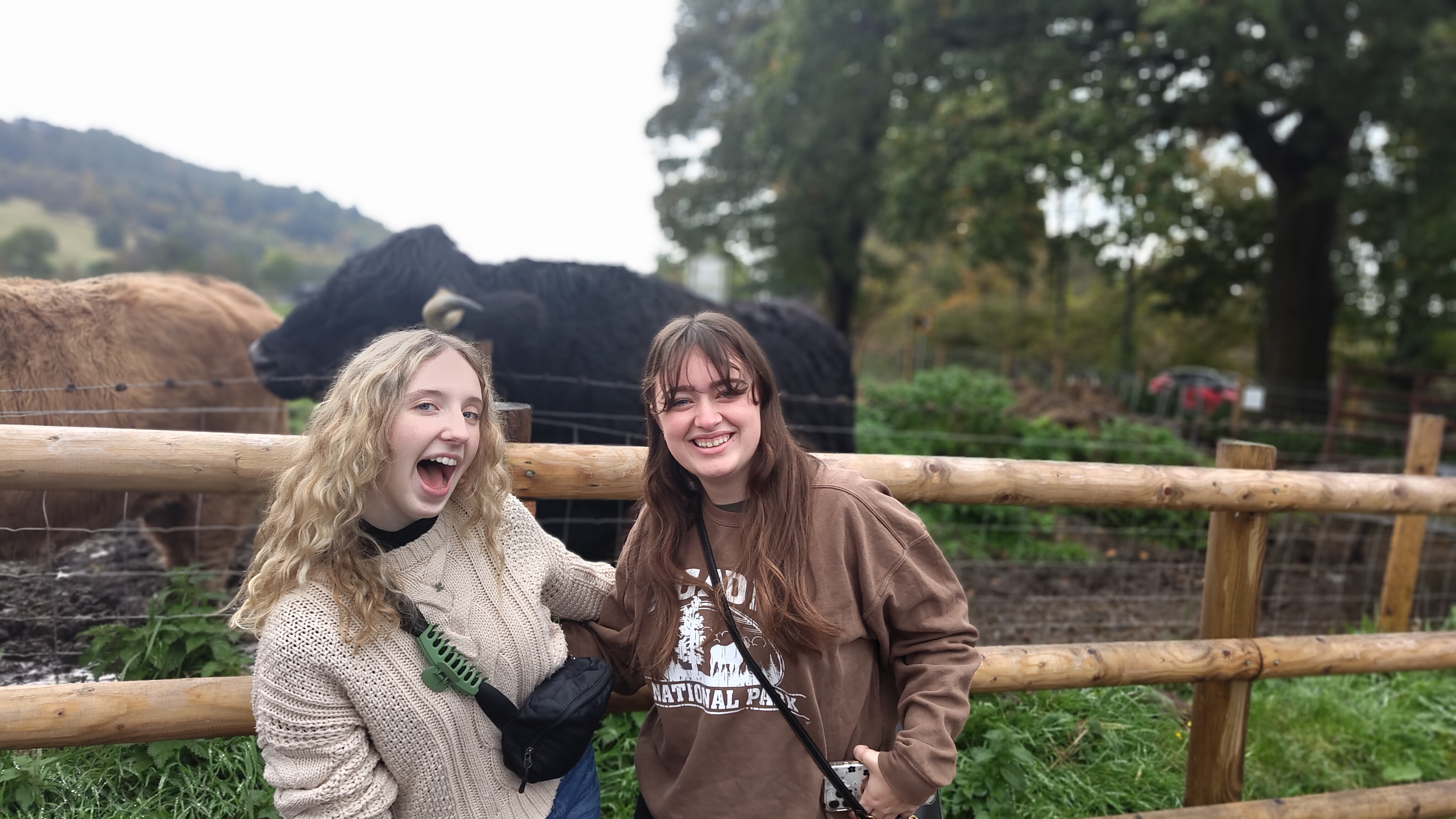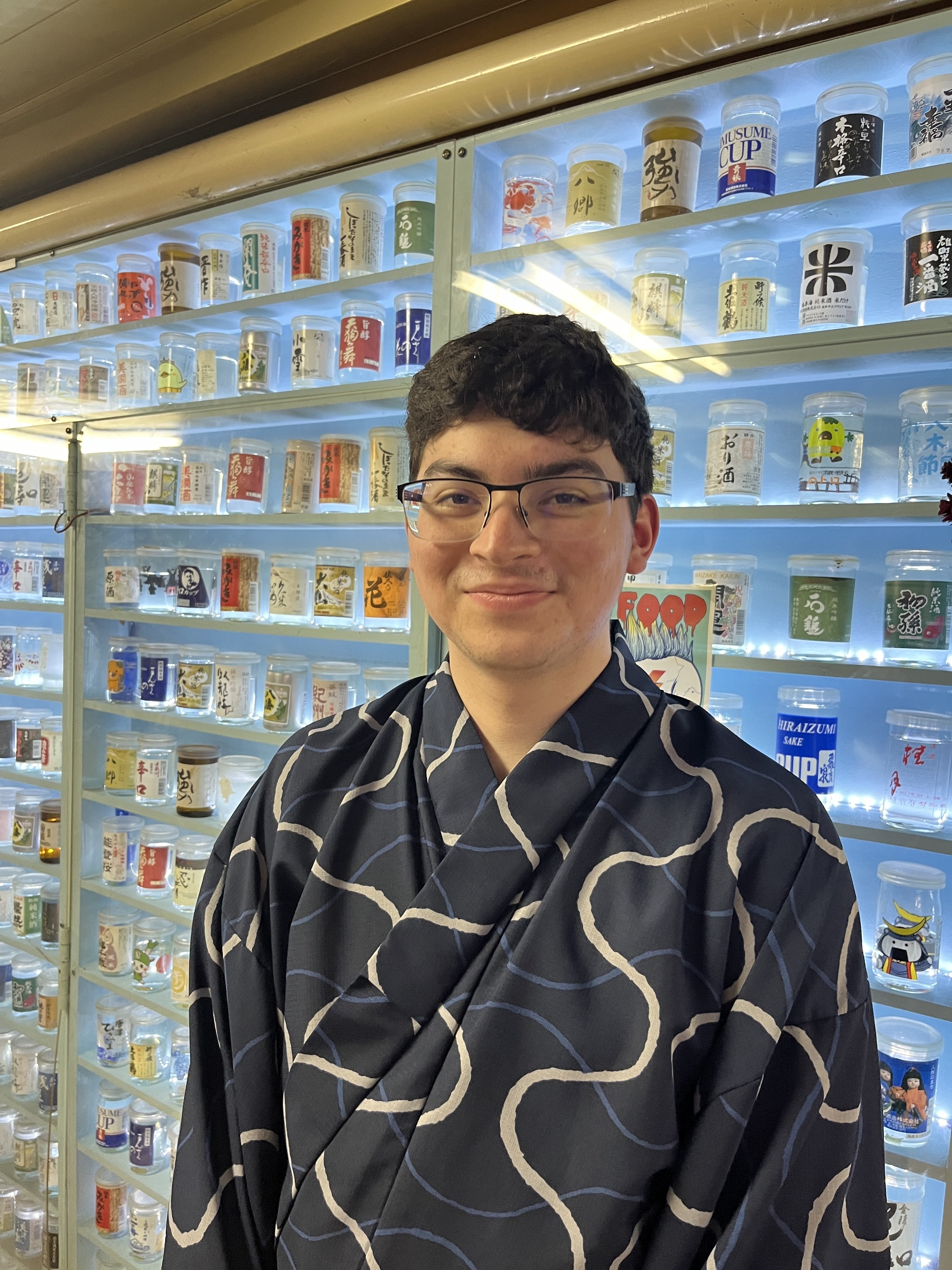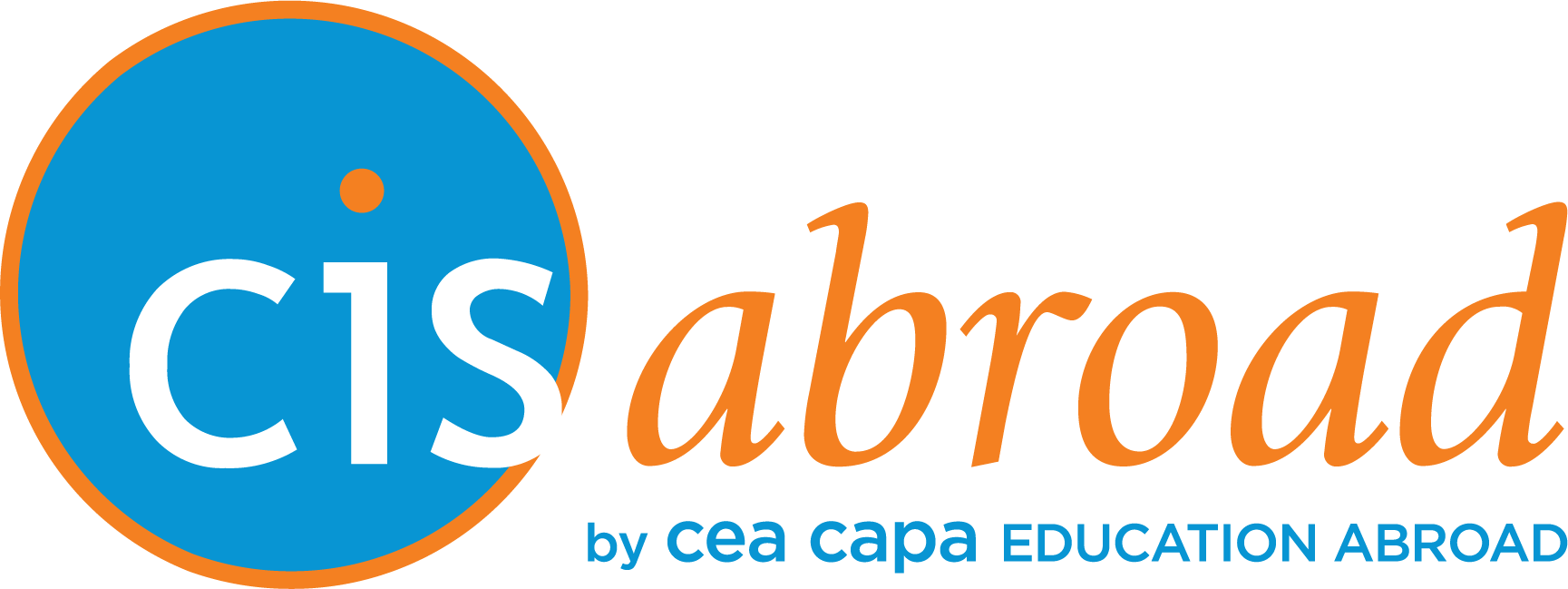Student Blogger Bio: Sarane James is a senior at the Macaulay Honors College at CUNY Hunter College. She is a creative writing major with a minor in Japanese culture. Her professional work is centered around working with teachers to create equitable computer science curricula, especially for bi/multilingual students. She is a staunch believer in the power of stories to help us further understand, connect with, and accept each other. She loves to read and write fantasy stories because dragons are undeniably cool, but also loves the way they parallel and highlight certain aspects of the world we live in and the people who live in it.
Here’s the part where I tell you to do as I say, not as I do...
After six weeks in Japan, I was eager to come home. I had a blast in Tokyo and there were still things on my bucket list that would have to wait for another trip, but even being mindful of my capacity, I had still pushed both my body and mind outside of my usual comfort zone. I was ready to return, rest, and recover.
However, I didn’t plan for my return.
Everyone talks about culture shock— the feeling you get when you first find yourself in an unfamiliar culture and have to adjust to new ways of thinking, acting, and being— but reverse culture shock exists too. Six weeks was enough time to begin understanding Japanese cultural norms, but it was also plenty of time to become unused to my own. That meant little things like standing still on the wrong side of the escalator, but also meant big things like having my own house feel completely unfamiliar.
Reverse culture shock follows a similar cycle of initial excitement, sadness/isolation, and (re)acclimation as culture shock. It can also be mitigated in similar ways— by being aware of what it is, why you feel the way you do and preparing for it. When I landed in Japan, my program activities kept me busy enough to quickly adjust to Japan’s timezone and build a routine that helped me acclimate to Japanese culture.
After a frustrating trip back during which I ended up stranded in Toronto overnight— something several friends had warned me about, but which I didn't make a contingency plan for— I ended up returning to New York early in the morning. I was exhausted and, being on summer break, had nothing to do for the foreseeable future. I didn’t have anything planned to help me readjust.
Even while pacing myself, six weeks of constant commuting and sightseeing meant that I wasn’t in the best shape physically either. Part of my return meant reluctantly catching up with doctor’s appointments and trying to figure out if these issues were normal fatigue or something more. I found myself falling back on old habits.
The pandemic took a huge toll on my mental health. I went from being a straight A student to needing to take medical leave, lest I fail any more classes. During leave, I started therapy, talked to a psychiatrist, and worked out both a diagnosis and medication to help me get back to normal. I never returned to that person, but I’d like to think I became someone who knew both myself enough to develop strategies to manage my health and become just as successful.
Without any sort of routine, I started to backslide. I returned to pandemic-era habits, including being home constantly, feeling overwhelmed by social interactions, and avoiding going out with or sometimes even talking to my friends.
By not preparing myself to return home, I compounded the effects of reverse culture shock. I’m still working to get back on track, in part by following some of the same steps I used to prepare to travel in the first place: staying on top of my doctor’s appointments and medication and creating a routine to help myself get reacquainted to life at home.




